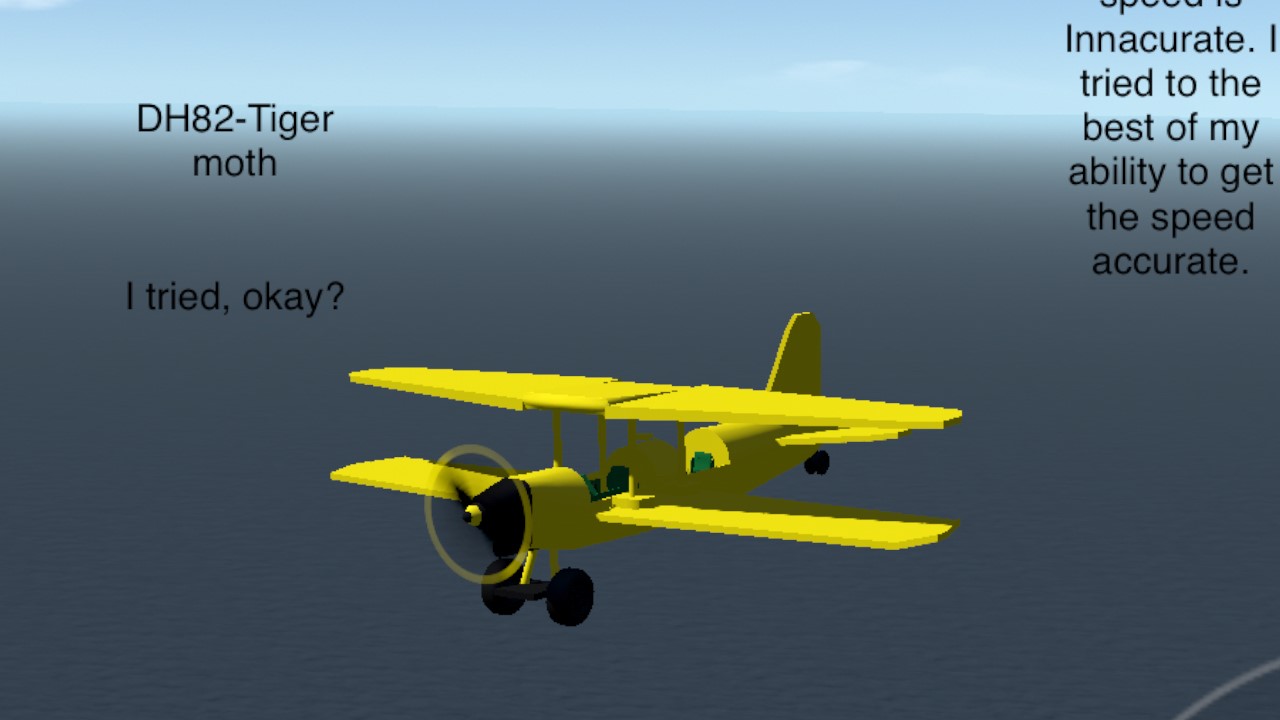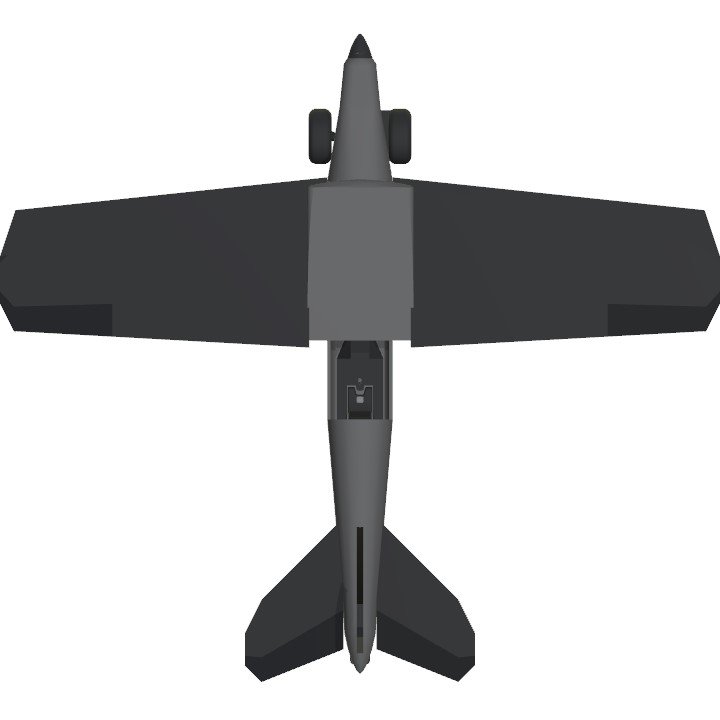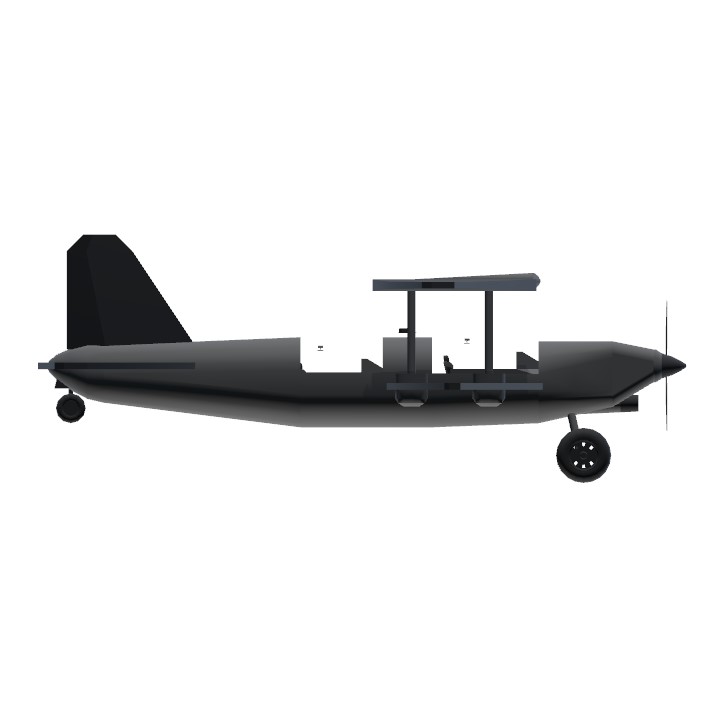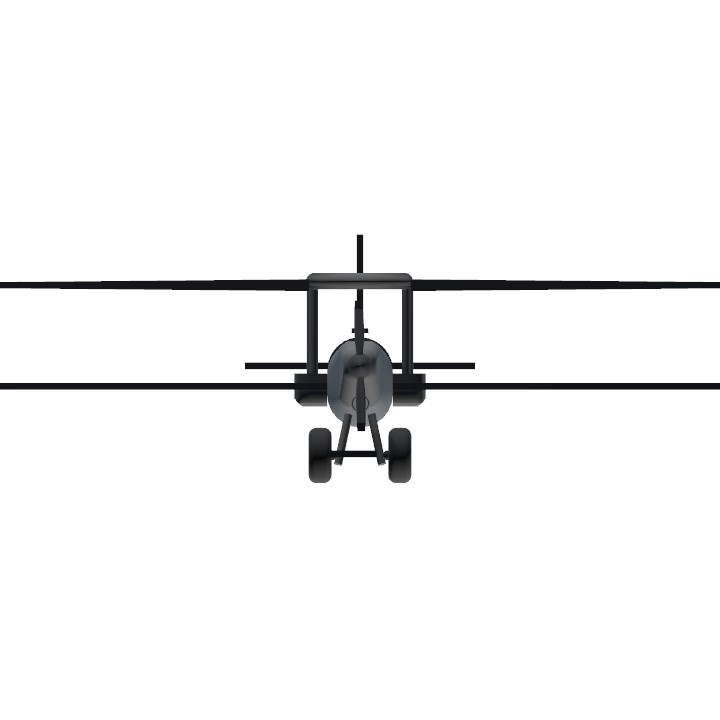The de Havilland DH.82 Tiger Moth is a 1930s British biplane designed by Geoffrey de Havilland and built by the de Havilland Aircraft Company. It was operated by the Royal Air Force (RAF) and other operators as a primary trainer aircraft. In addition to the type's principal use for ab initio training, the Second World War had RAF Tiger Moths operating in other capacities, including maritime surveillance and defensive anti-invasion preparations; some aircraft were even outfitted to function as armed light bombers.The Tiger Moth remained in service with the RAF until it was replaced by the de Havilland Chipmunk during the early 1950s. Many of the military surplus aircraft subsequently entered into civilian operation. Many nations have used the Tiger Moth in both military and civilian applications, and it remains in widespread use as a recreational aircraft. It is still occasionally used as a primary training aircraft, particularly for those pilots wanting to gain experience before moving on to other tailwheel aircraft. Many Tiger Moths are now employed by companies offering trial lesson experiences. The de Havilland Moth club, founded in 1975, is now an owners' association offering a mutual club and technical support. Geoffrey de Havilland, the company's owner and founder, had sought to produce a light aircraft superior to two of his previous designs, the de Havilland Humming Bird and de Havilland DH.51.[3] From earlier experience, de Havilland knew the difficulty and importance of correctly sizing such an aircraft to appeal to the civilian market, such as touring, trainer, flying club, and private aviation customers; the firm had great success with a scaled-down version of the DH.51, the de Havilland DH.60 Moth.[3]The starting point for the DH.82 Tiger Moth was the de Havilland DH.71 Tiger Moth.[4] de Havilland had developed successively more capable Gipsy engines, and the company had produced a new low-winged monoplane aircraft to test them. This aircraft became the
Specifications
General Characteristics
- Predecessor Bi-Plane Challenge [CLOSED]
- Created On iOS
- Wingspan 36.0ft (11.0m)
- Length 31.9ft (9.7m)
- Height 12.3ft (3.7m)
- Empty Weight 5,474lbs (2,483kg)
- Loaded Weight 6,725lbs (3,050kg)
Performance
- Horse Power/Weight Ratio 0.059
- Wing Loading 13.8lbs/ft2 (67.6kg/m2)
- Wing Area 486.1ft2 (45.2m2)
- Drag Points 4055
Parts
- Number of Parts 49
- Control Surfaces 14
- Performance Cost 288





nice
@Majakalona yep!
Wait.. didn't your old bio say that you were working on one of these to try and get it to fly (before the name change)